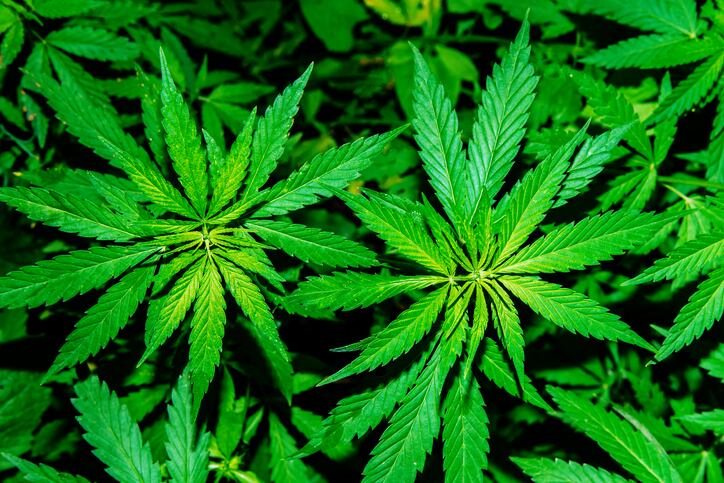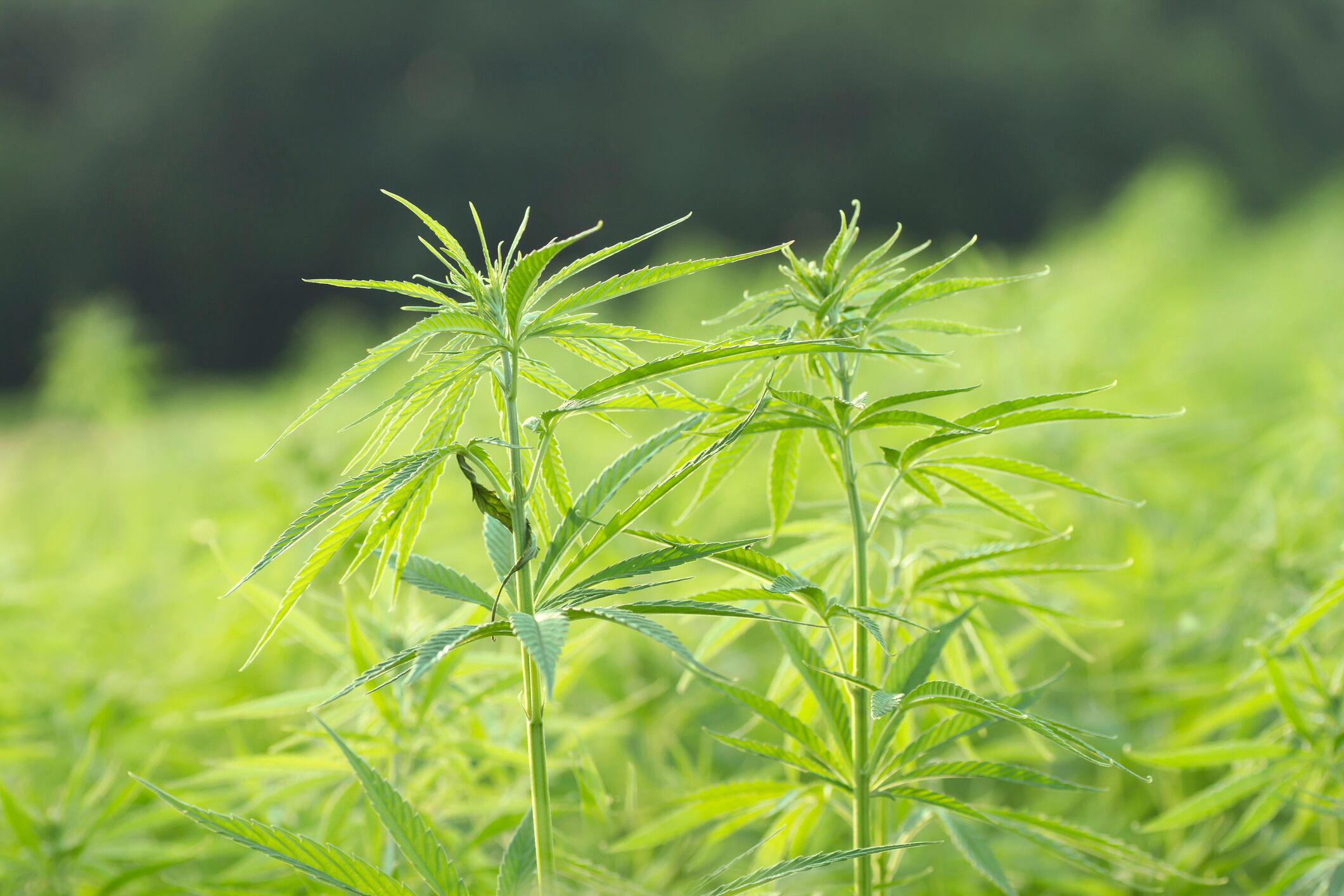The board is called CHAMP, which stands for the Colorado Hemp Advancement Management Plan. It will draw upon the expertise of state agencies and private companies, according to the Colorado Department of Agriculture.
Steven Hoffman, principal in the firm Compass Natural Marketing, has been asked to be part of the panel. Hoffman is a longtime Colorado resident and is former editor of Nutrition Business Journal who has worked on GMO ballot initiatives.
Plan put forward by governor
Hoffman said there have been inklings about forming a panel for a while now. It has been one of Gov. Jared Polis’ agenda items since he took office in January. Polis, a member of the Democratic Party, was a member of the Dietary Supplement Caucus during his time in the US House of Representatives.
“I knew that Gov. Polis wanted to put together a hemp panel but it was very vague,” Hoffman told NutraIngredients-USA. “About a month ago I heard through the Colorado Department of Agriculture that there were putting together a committee and I applied.”
Holding a lead
Hoffman received notice yesterday that he was a member of the panel, which was formally announced to the public the same day.
“They have about eight working groups,” Hoffman said. “One on seeds and genetics, one on processing and extraction, one on regulatory, one on marketing of course, and so on.”
Among the goals of the program is to help maintain Colorado’s leadership in the sector. The state was an early adopter in the hemp game, and the new director of the agriculture department, Kate Greenberg, said it’s her aim to maintain the lead the state has in both acreage and experience.
In an interview with the Denver weekly newspaper Westword, Greenberg was quoted as saying, “Folks are racing post-2018 Farm Bill to set something up, but we are five years ahead of the curve, having our own hemp program. We’ve got experience with certified hemp seeds, managing registrations and inspections, working with growers and universities, and dealing with the federal government.”
Banking issues plague industry
Hoffman said in his view, the most vexing problem facing the industry at the moment is a financial one. A federal regulatory solution seems to be looming on the horizon, whether that’s a formal rule making from the US Food and Drug Administration or a new law passed through Congress. But at the same time, some banking institutions seem to be taking fright, and are pulling in the reins after a period of accepting charges for hemp/CBD transactions.
Hoffman said a wakeup call on this front was the recent announcement by online seller Thrive Market that it had to suspend trade in CBD products because of the policies of its credit card processor.
“Thrive Market—that’s big news. Why is there this backlash? We don’t know. But they do say the ocean is behind the air, and it is coldest in the spring. It seems as if the banking institutions are a season behind the regulation of hemp,” Hoffman said.
Then there is a concern on the education front. Hoffman said another concern is that just recently the email marketing company Mailchimp had begun shutting down newsletters that had to do with hemp. In another case Hoffman said a press release distribution service has not only started refusing new releases dealing with hemp or CBD issues, but has also started purging older releases.
Organic lags behind
And, given his long history in the natural products business, Hoffman said a third concern on his horizon is the fact that the industry seems to be developing along the lines of conventional industrial agriculture.
“There were about 80,000 acres of hemp planted in the US last year, and this year you have to think that’s going to be more than 100,000. But very little of that is certified organic,” Hoffman said.
It has been shown in several studies that the quality of CBD products on the market at the moment displays wide variation. That could mean that pesticide and herbicide residues could be making their way into finished products if they are being made by entities without sufficient experience in the production of ingestible goods.



